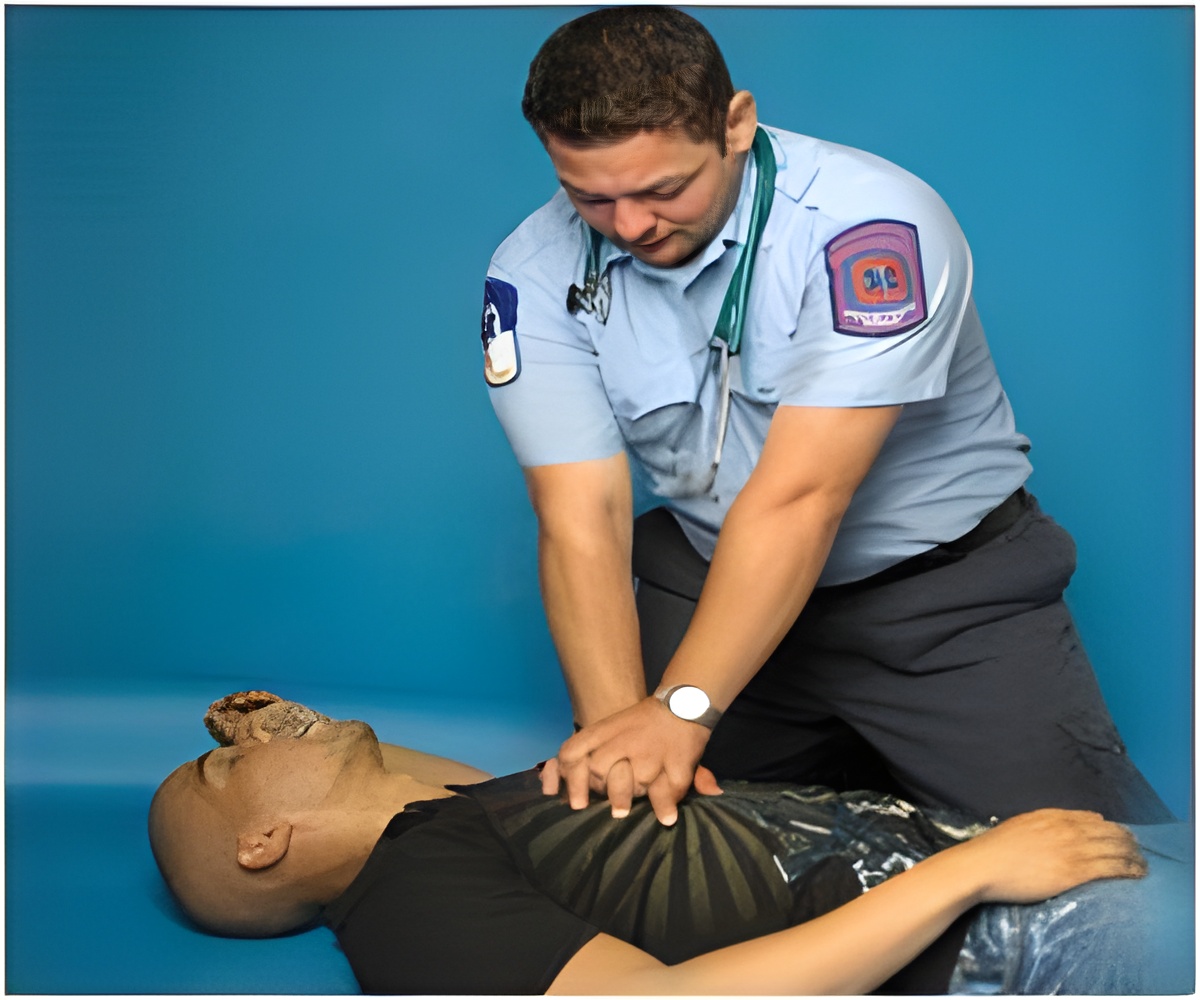People with cardiac arrest experience who can`t be helped by a defibrillator shock are likelier to survive if given CPR based on updated guidelines that stresses chest compressions, states research.

The American Heart Association changed its CPR guidelines in 2005 to recommend more chest compressions with fewer interruptions. The emphasis on chest compressions continued in the 2010 guidelines update.
After the 2005 guidelines, several studies showed improved survival from shockable cardiac arrest.
However, new evidence shows that most cardiac arrests — nearly 75 percent — are due to conditions that don't respond to shocks. In such patients there have been few, if any, life-saving treatments and it was uncertain whether CPR guidelines changes were beneficial.
"Now, for the first time, we have seen a treatment that improves survival specifically in these patients," Kudenchuk said. "And that treatment is simply providing the more intense, quality CPR recommended in the new guidelines. You could save 2,500 more lives each year in North America alone by implementing these changes."
Researchers identified 3,960 patients in King County, Wash., who suffered a type of cardiac arrest that doesn't respond to shock from a defibrillator, known as non-shockable cardiac arrest.
- The likelihood of survival to discharge from the hospital improved from 4.6 percent before to 6.8 percent after the new guideline changes.
- The proportion of patients who survived with good brain function increased from 3.4 percent to 5.1 percent between study periods.
- One-year survival almost doubled from 2.7 percent to 4.9 percent.
Although survival in patients with non-shockable cardiac arrest is low, the important message from this study is that it can be improved. Potentially thousands of lives could be saved each year in this group if CPR guidelines are properly implemented, said Kudenchuk.
Source-Eurekalert
 MEDINDIA
MEDINDIA



 Email
Email










